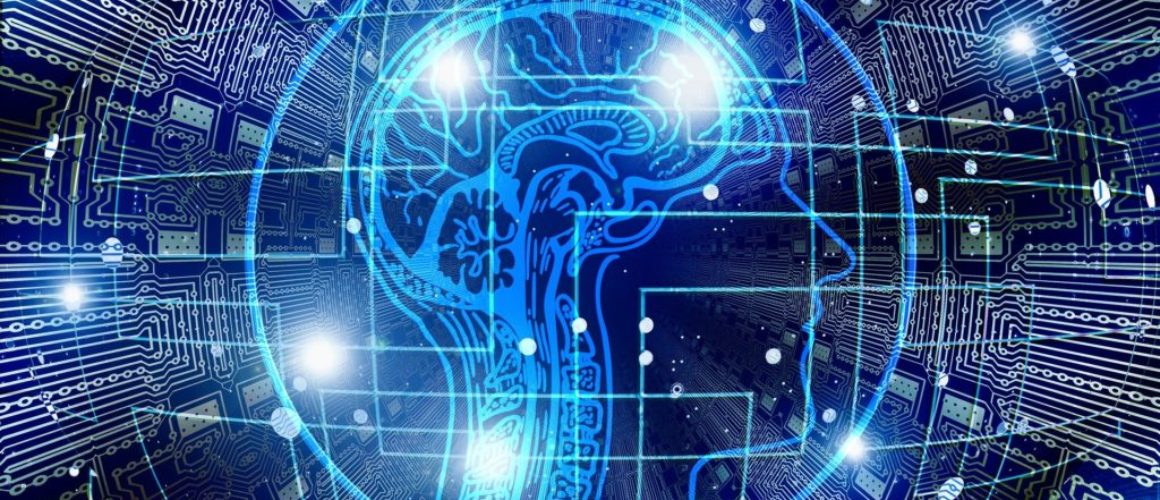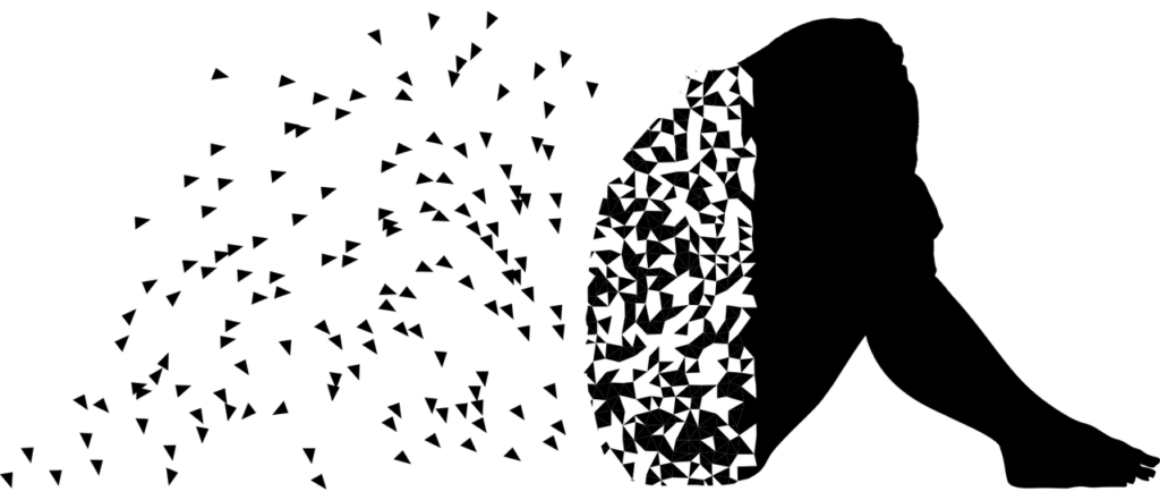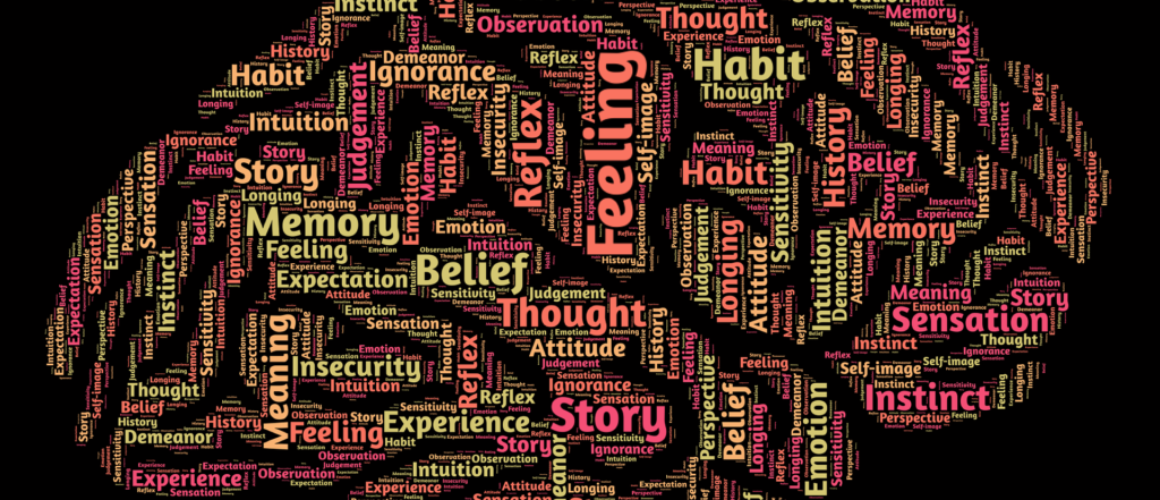Season 1 Summary: Productivity

Contributing to society is essential for human happiness. It’s also vital for overcoming our great 21st-century sustainability challenge: lifting billions to decent living standards without destroying the planet. That’s why the productivity chapter of Supermorning was one of the more important ones.
So, let’s start with the philosophical foundation behind sustainable high productivity.
Finding meaning in work
We all want to be productive, but, most of the time, we just don’t feel like working. Overcoming this disconnect requires a simple ingredient: meaning.
- Why do you work? There are two main pathways: You work to earn money to build a good life or you work towards an inspiring purpose doing something you would happily do for free.
- Debt, work, and consumption. The first option typically gets people stuck in a vicious cycle between high consumption and stressful work. This cycle is responsible for most of the unhappiness and environmental destruction in the middle-class today.
- Liberty, purpose, and obsession. The alternative is a virtuous cycle between liberty, purpose, and high life efficiency. This cycle easily leads to obsession, which could become unhealthy if left unchecked.
- Life is long enough to do special things. A truly worthwhile purpose is a multi-decade project. Over such a time frame, you can produce awesome things thanks to the power of compounding.
In short, working only for money and consumption leads to low life satisfaction and high environmental destruction. On the other hand, if you find true meaning in your work, consumption becomes almost irrelevant, and outstanding contributions to society become possible.
Effective planning
One of the key ingredients of meaningful work is complexity. And complex tasks get a whole lot more rewarding (and less frustrating) when planned well.
- Smart work. Proper prior planning is the difference between the hard daily grind and smart inspiring progress. It should happen on three distinct timescales: days, months, and years.
- Daily planning. Everyone should have a daily to-do list. Google Tasks offers the three key features of a good to-do list: user-friendly, always accessible, and recurring tasks.
- Monthly planning. Monthly planning is about coordination with others, coherence over time, and getting interesting ideas out of your head. A Gantt chart in Google Sheets next to Google Tasks is just the right tool for the job.
- Long-term planning. This plan keeps you pointed in the right direction year in and year out. Over a couple of decades, such consistent progress can take your life to awesome places 🙂
But a good plan is just the start. Putting this plan into action is where the rubber meets the road.
Time management
Time is our one truly non-renewable resource. We all get the same amount of it every day. And we all get a chance to spend it wisely.
- Planning time. Don’t skip the planning phase.
- Execution time. Make sure you have the five E’s well covered: Effectiveness, Engagement, Environment, Efficiency, and Energy. High efficiency needs sharp focus, the right tools and expertise, an ordered workplan, and great information organization.
- Communication time. Here, we switch from E’s to P’s: Purpose, Preparation, Presentation, Positivity, and Participation. These P’s take a bit of practice, but they’ll give you much more value from your collaborative efforts.
- Recharge time. Never push beyond breaking point to a highly unproductive (and unhealthy) crash. Find your ideal recharge rhythm. It may well be something different from the societal norm.
All this time management theory is great, but it’s not going to work if you rely too heavily on willpower. We need to make sure that good productive actions happen automatically.
A productive environment
The topic of smart environment design is a regular Supermorning feature. And it gets a cameo in the productivity chapter too.
- The perfect working environment. Remove all friction from the process of adding value and line up several creative relaxation mechanisms to keep your mind fresh and healthy.
- Digital mastery. Install RescueTime to protect yourself against the horde of digital distractions out there. Then manipulate friction to make good digital actions natural and bad ones tedious.
- Efficient collaboration. Use email sparingly, turn off those distracting notifications, and keep your inbox clean. Use your calendar to avoid being interrupted, while remaining a 100% reliable collaborator.
- Proactive workload shaping. Master the “art of no” to maintain a manageable workload of agreeable tasks. The best tasks contain complexity, autonomy, and a link between effort and reward.
With this environment firmly in place, productivity becomes second nature. And this is a big win both for you and your society.















